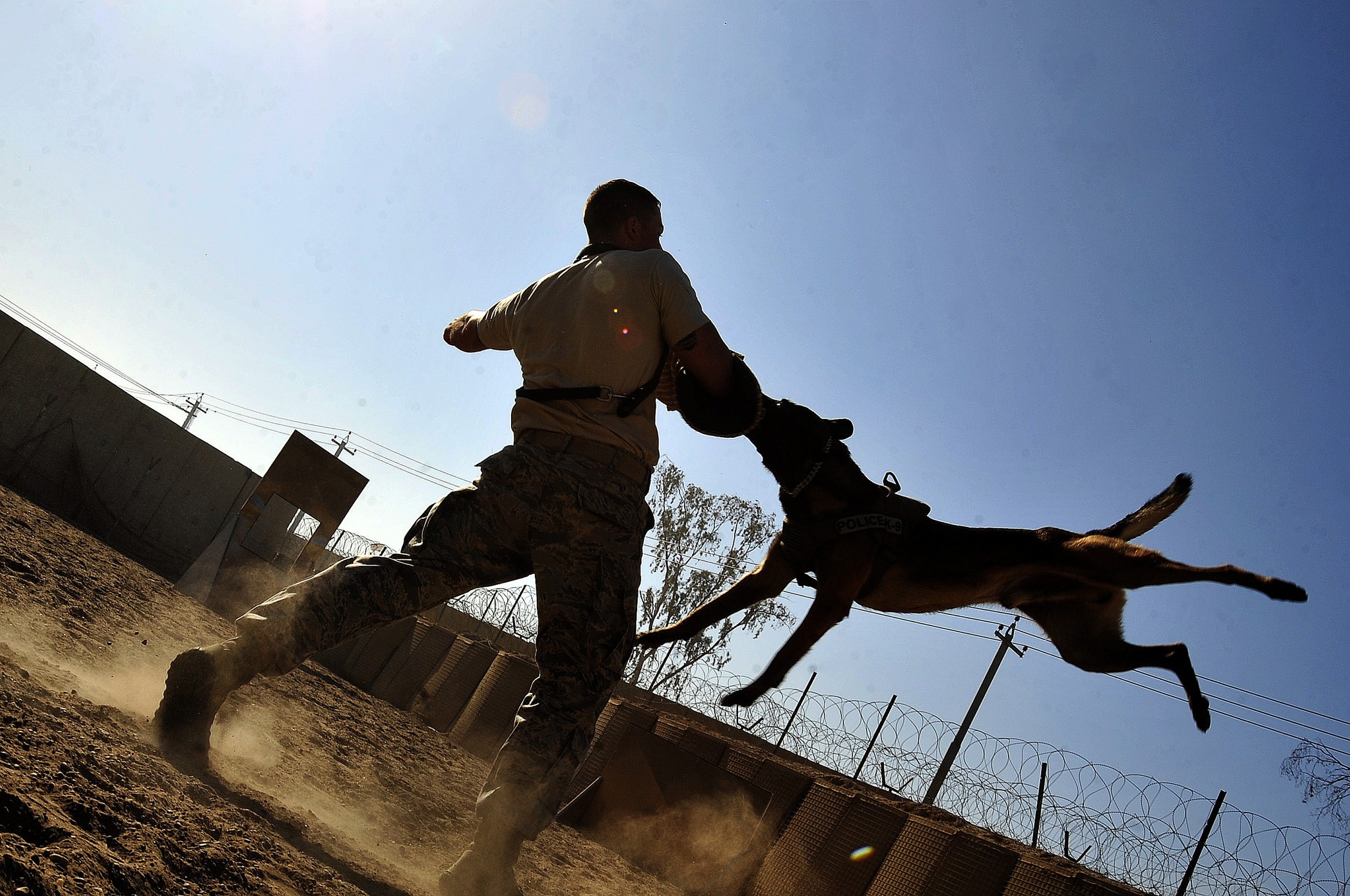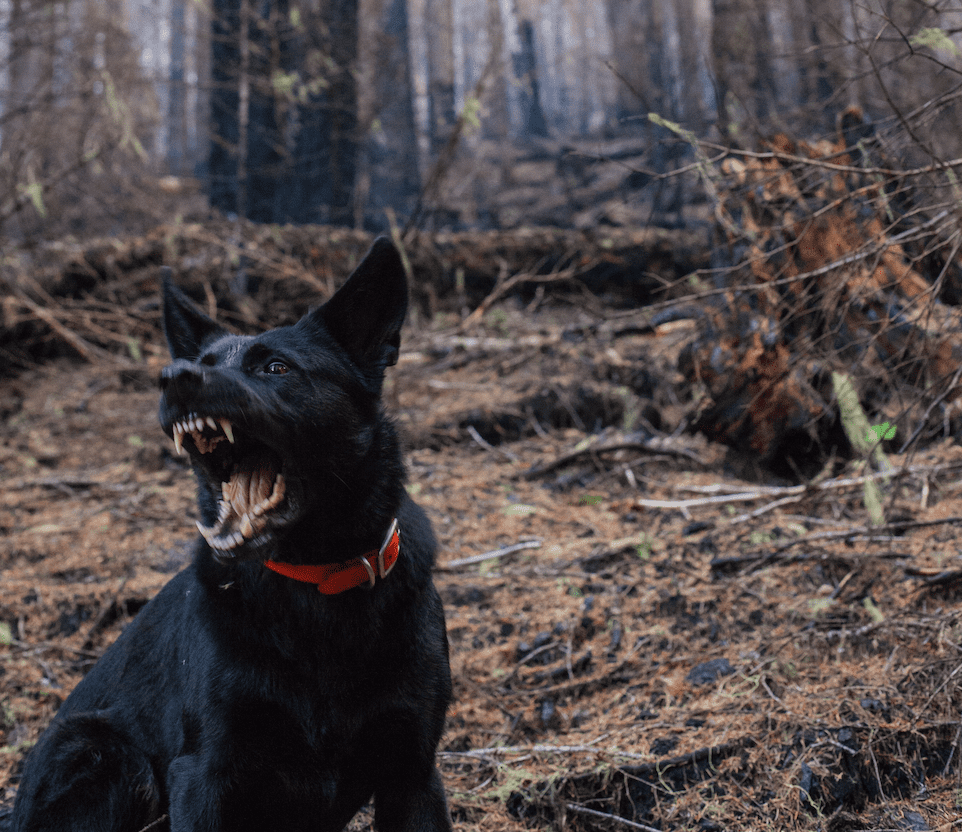Dog owners might employ many defenses to avoid blame for a dog bite occurrence.
After a dog bite attack in Virginia, it is critical to understand your legal recourse options. To avoid allowing a negligent pet owner to escape responsibility for injuring you, you must report the incident to the proper authorities. Do not pay for your medical costs and missed earnings until you investigate if you have a legal right to do that.
Virginia’s Dog Bite Laws
The procedures for how the state examines dangerous dogs are detailed in the Code of Virginia 3.2-6540. However, most laws governing dog bite incidents in Virginia are based on existing case law rather than particular legislation.
Virginia has a one-bite rule, which allows a dog to have one attack before being put down. On the other hand, an aggressive dog may display assault behaviors that might be mistaken for a bite.
Even if this is the dog’s first assault, you are entitled to compensation and have the right to sue the dog’s owner for carelessness. The state is responsible for determining if the dog is too hazardous to be permitted to live.
Nonetheless, if a dog bites you, you should consult an attorney to increase your chances of receiving compensation from the owner. If you need a dog bite lawyer in Virginia, contact Pendleton Law now. An expert can assist you in overcoming defenses and proving the pet owner’s fault, allowing you to pursue financial compensation.
Proving Negligence in a Dog Bite Case
If a victim intends to sue a pet owner for financial compensation after a severe dog bite, the case must normally be based on the legal principle of carelessness. It is negligence when one does not take appropriate precautions in light of the situation.
As long as a pet owner’s carelessness caused the assault, they might be held liable. If the dog’s owner knew or should have known the dog was aggressive and did nothing to avoid injury, the owner may be responsible for any injuries or damages the dog causes.
What is a Dangerous Dog Under Virginia Law?
In Virginia, a vicious or hostile dog may be labeled as dangerous. A dangerous dog has formerly bitten, wounded, or assaulted a human or companion animal, according to Virginia Code 3.2-6540.
In Virginia, anybody with a dangerous dog must take extra steps to avoid another attack. Acquiring a dangerous dog certificate, wearing a unique dog tag, using a leash, and muzzling the dog are just a few of the options.
If a dog attack occurs due to disobeying any of these regulations, the owner may be considered negligent. A person’s implied guilt for an accident because they violated the law is negligence per se.

Negligence per se asserts that if a person breaks the law, they are instantly accountable for an accident, and no additional evidence of failure is required. Breaking Virginia’s hazardous dog laws might result in the pet owner being sued for negligence per se.
Animal Ownership Requires Control
According to the legislation, an animal’s owner has a responsibility to understand the animal’s behavior, determine if the animal is likely to cause damage, and take reasonable steps to safeguard other persons from harm.
This includes times when the owner is not present. A dog left alone in a yard might escape and harm someone. The owner would be accountable in this situation since they should have anticipated their dog’s urge to explore the neighborhood or protect the property.
Get Help With a Dog Bite Claim From an Attorney
Dog owners might employ many defenses to avoid blame for a dog bite occurrence. The owner may claim that you were infringing on private property or instigated the dog. You might not be able to file a claim if the dog was an approved military or police canine at the period of the assault. Consult a lawyer to learn how to build a winning case.


Join the conversation!